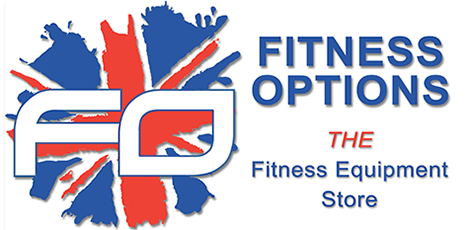
The sports supplement market is one of the fastest growing markets in the sports and fitness world. Millions of pounds are spent on them every year but is it money well spent?
If this question were asked 15 years ago most sports scientist and experts in nutrition would have probably had said definitely not. They contained high levels of sugar and fillers and very little of the ingredients that would have really have achieved good results.
However today things are very different.
Over the past few years the supplement companies realised that anecdotal evidence or just claiming something worked was no longer good enough, they need scientific substantiation and so they have pumped huge amounts of money into research.
This research has seen the development of new ergogenic aids, as they are also termed; find their way into the public domain such as Creatine.
Creatine is a natural occurring substance that has been shown in many blind trials to help with muscular endurance and power.
What good quality supplements now provide are unusual amounts of superior nutrients and other components of food. Many of these chemicals are involved in exercise metabolism or recovery and the idea is that these products can supercharge the process by bumping up the intake of these chemicals.
They are valuable in helping achieve nutritional goals in a busy day or during an exercise session and sports drinks and bars are a convenient and tailor-made way of looking after these nutritional needs.
According to the Australian Institute of Sport what is important is knowing when and how to use them so that they assist with sport nutritional goals. When used in the right way, at the right time on the right occasion they can help an athlete train and compete at their best.
In many cases they can be shown to directly enhance performance. The latest studies show that sports drinks improve performance in both prolonged and high intensity events up to one hour.
One team that believe supplements play a key role in success is the GB Cycling team. Their head of nutrition Nigel Mitchell explained that in the past cycling nutrition focused on energy but they have now been concentrating on protein supplementation
(protein helps repair muscle) to help protect muscles from long- term injury and help cyclists recover more quickly and get back to training harder to continue improving performance. While normal diet can supply enough protein for most cyclists, supplementation with high quality protein can give athletes an advantage.
Supplements should not be seen as a substitute for effective training. Also not all supplements are equal and not all the companies are completely truthful with their claims. So to get the best out of a sports supplement it is best to get advice and that is were Fitness Options can help.
When you get it right that rock hard physique and that extra burst of energy when you need it most could be available quicker than you think
